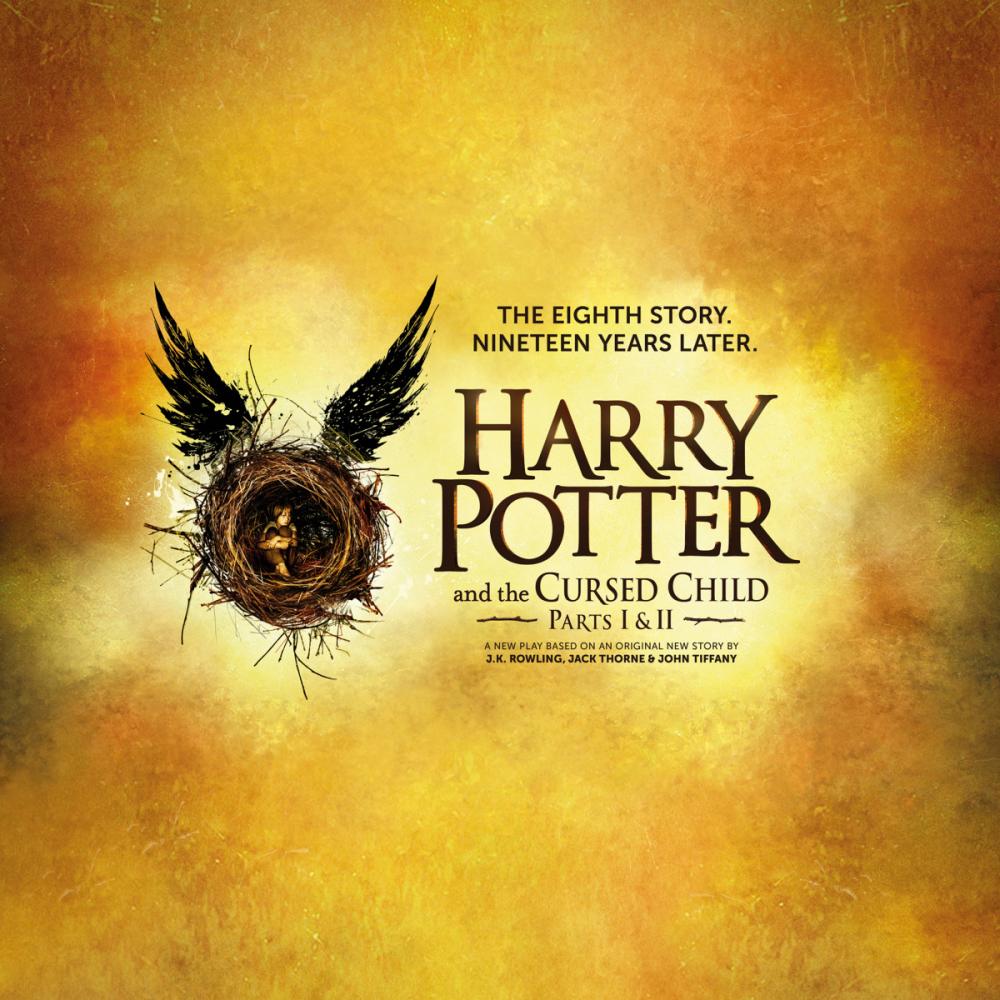Curse you, Cursed Child
June 5, 2017
Though eagerly anticipated by Potterheads worldwide, “The Cursed Child” was met with mixed opinions. Those that saw the work live as a play raved about it, while everyone else despaired over the subpar consolation prize: the transcript. Because it wasn’t written by the mastermind behind the original series, J.K. Rowling, the story was far-fetched and tragically underwhelming to fans across the world.
The plot itself was confusing and read like angsty teenage fanfiction, featuring numerous Time Turner travels, parallel storylines, and alternate universes with very little connecting them all. Delphi, the main character twist, is discovered to be the daughter of Lord Voldemort and Bellatrix Lestrange. Because Voldemort was largely assumed to be asexual, the decision was a risky deviation from the implications of the original series.
However, possibly the worst aspect of the theatrical production was the format. Between the mediocre, one-dimensional dialogue and lack of narration and description, plausibly due to the script format, the entire work lacked the depth and room for imagination that characterizes J. K. Rowling’s iconic creations.
Furthermore, many of the character traits did not align with the original books and simply made no sense. Harry fears talking to his son more than he feared Voldemort, and actively admits to said fear. Gone are his telltale Gryffindor traits of courage, replaced instead by a character that looks like Harry, walks like Harry, but does not act like Harry at all.
Not only did “The Cursed Child” fail to provide any tangible closure for the beloved characters that Potterheads have followed for years and years, but also raises even more questions, effectively ruining the realm of fantasy. It is inherently unfair to leave fans with mediocre writing and dozens of plot holes as the final installment of the series. All is not well.










